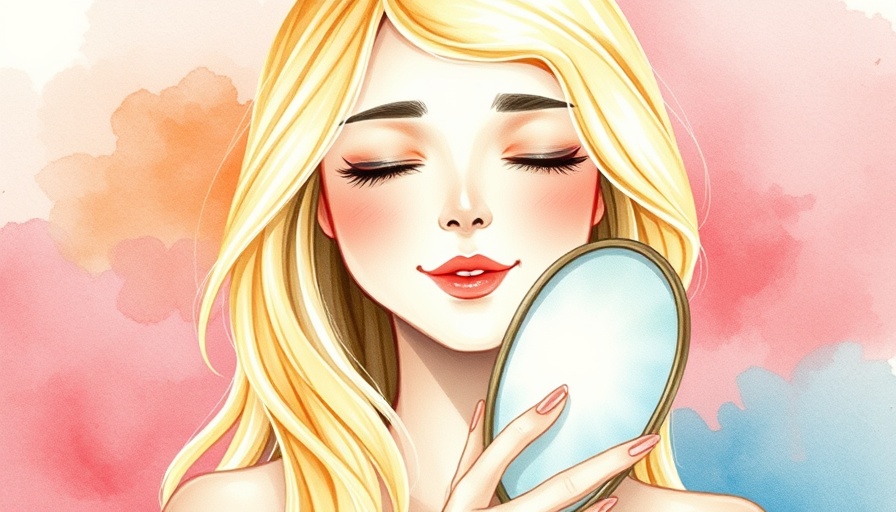
Understanding Trichotillomania: A Hidden Struggle
Trichotillomania, an often misunderstood disorder, affects an estimated 1-4% of the population, exhibiting symptoms that range from barely noticeable to severely debilitating. Often mistaken for OCD, trich, as it's colloquially known, reveals how complex human behaviors can intertwine with our sense of self and identity. Many individuals hide their urges in shame, leading to silent battles that mirror far broader issues of mental health stigma. This silence fuels a lack of awareness, even among loved ones, about the psychological struggles underlying seemingly self-destructive habits.
My Journey: From Isolation to Acceptance
For over two decades, I quietly suffered from trichotillomania, not fully understanding the significance of my actions until much later. Initially, I believed my hair-pulling was merely a quirk or a symptom of stress, which I quickly learned was deeply embedded in my psyche. It was during a therapy session at the age of thirty-two that I first spoke out about my condition. This pivotal moment marked the beginning of my journey—not just towards treatment, but towards embracing my uniqueness and finding acceptance within myself.
The Role of Therapy: A Turning Point
Entering therapy illuminated the complex web of emotions tied to my behavior. With the therapist, I began to untangle the feelings of shame, frustration, and confusion that surrounded my compulsive hair pulling. Like many who grapple with similar disorders, I learned that self-exploration and openly discussing my feelings were essential steps in reclaiming my narrative. Therapy offered me valuable tools to manage my urges while nurturing a healthier self-image.
The Importance of Community Support
Connecting with others who face similar challenges has been invaluable. Support groups provide not just shared experiences, but a sense of belonging and understanding that can often be hard to find in traditional social circles. Engaging in these communities fosters deeper connections that empower members to share strategies and hope, driving home the message that treating mental health issues is a communal effort, and recovery is possible with support.
Celebrating Small Victories
Recovery isn’t about achieving perfection; it involves recognizing and celebrating small victories. Every day I manage to resist the urge to pull my hair feels monumental. These moments reinforce my commitment to self-care and remind me of how far I’ve come. In acknowledging my progress, I find strength in the resilience I’ve developed, igniting hope that others can embark on similar journeys.
Moving Forward: Embracing Myself Fully
Today, I am committed to spreading awareness about trichotillomania and mental health disorders, aiming to foster acceptance, empathy, and understanding. With my story, I hope to reach those still struggling in silence, encouraging them to seek help and embrace their unique journeys. Each person's experience is distinct, but together, we can create a world that values mental health awareness and compassion.
 Add Row
Add Row  Add
Add 



 Add Row
Add Row  Add
Add 

Write A Comment